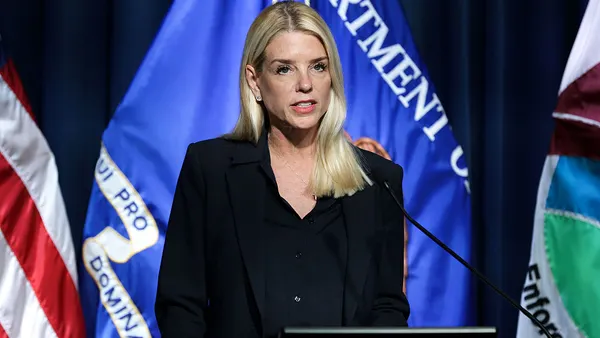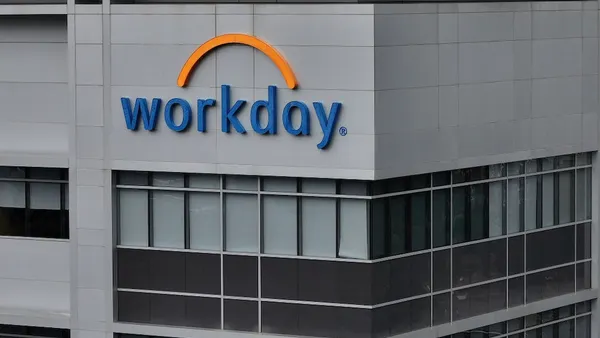It's not your imagination: Research says many employees call out sick the day after a big sporting event, and the Super Bowl is no exception. As many as 17.2 million employees across the country are expected to call out Monday, according to a new survey by The Workforce Institute at Kronos Incorporated and conducted by The Harris Poll.
And that number is on the rise. The Workforce Institute said Monday, Feb. 4, represents the largest-ever anticipated day of Super Bowl-related absenteeism since it began tracking the phenomenon in 2005.
A recent Robert Half survey revealed similar results: More than half (54%) of surveyed professionals said they know someone who has called in sick or otherwise skipped out on work the day after a major sporting event — up from 41% three years ago.
No-shows are not only common but extremely irritating to leadership. In a separate Robert Half survey, 42% of senior managers identified post-game hooky as the most distracting or annoying sports-related employee behavior.
And for those employees who do show up, they often are less productive than usual, due to various overindulgences and a short night's sleep, combined with Monday morning quarterbacking around the water cooler.
That's likely to be the case for another large segment of employees. A combined 22 million employees may go into work late, leave early or work from home, according to The Workforce Institute. An additional 9.4 million are undecided about their Super Bowl Monday work plans.
If HR had its way, Super Bowl Monday would be a paid national holiday. This was the preference of 72% of 300 surveyed HR managers last year at U.S. companies with more than 20 employees and more than 1,000 U.S. workers age 18 and older.
But with that prospect facing seemingly poor odds, HR may want to take a few steps to maintain forward progress with work and keep tempers in check.
1. Keep expectations reasonably low, and foster honesty. Kick off Super Bowl Monday knowing that the day will likely not shatter any productivity records at your workplace. But also note many workers say they don't feel comfortable having an honest conversation about these events with the manager, said Joyce Maroney, executive director of The Workforce Institute at Kronos, in a statement. "Organizations that are transparent about staffing needs, consider innovative scheduling solutions to help employees arrange coverage with co-workers, and plan engagement-boosting activities related to the game — and other major cultural events — will deliver better business outcomes throughout the entire year," she said.
2. Don't give your compliance best practices a controversial no-call. "If you employ workers in jobs that include safety-related responsibilities, make sure to monitor them to make sure that the 'case of the Mondays' isn't a legitimate hazard that might require drug or alcohol testing or further investigation," a Fisher Phillips legal alert noted. The firm also recommended requiring "sick" employees to provide medical certification, as appropriate.
3. Stay impartial and consistent. "As for the absent workers or the late-comers, you will want to enforce your attendance policies consistently" while keeping legal protections in mind before taking any disciplinary actions, advised Fisher Phillips.
4. Call out unsportsmanlike conduct. While it's unlikely, mean-spirited or inappropriate post-game trash talk could conceivably cross over into hostile work environment territory. HR may need to enforce policies on respectful discourse and acceptable workplace conduct.
5. See the silver lining(s playbook). When workers connect over non-work activities, even if they're rooting for different teams, it can bond them in new ways.
6. Remember that this too shall pass. At least until March Madness. And if nothing else, note whether the day exposes any scheduling and time-off policies or procedures that aren't working. "Organizations should regularly review, refine and communicate their time off policies," Maroney told HR Dive via email. "Contemporary workforce management solutions can allow employees to request and receive time-off in real time and easily swap shifts with little or no manager intervention. The predictive analytics capabilities of these kinds of tools can advise managers on how productivity during a day or week may shape up if extra employees are able to take time off."











